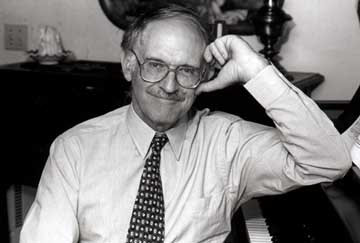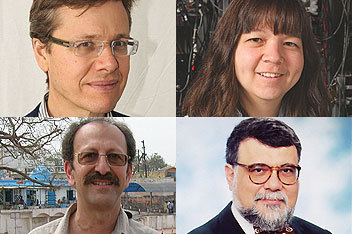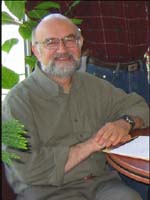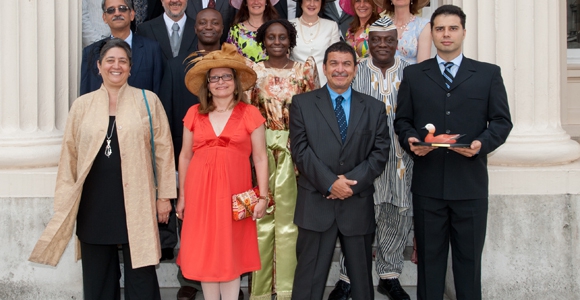 Joel Kovel was born in 1936 in Brooklyn, NY, to an immigrant Ukrainian-Jewish family. As a youngster his great love was science; however, the breadth of his interests as well as increasing engagement in society led him to medicine and then psychiatry and psychoanalysis, in which career he eventually became Professor and Director of the Residency Training Program in Psychiatry at the Albert Einstein College of Medicine.
Joel Kovel was born in 1936 in Brooklyn, NY, to an immigrant Ukrainian-Jewish family. As a youngster his great love was science; however, the breadth of his interests as well as increasing engagement in society led him to medicine and then psychiatry and psychoanalysis, in which career he eventually became Professor and Director of the Residency Training Program in Psychiatry at the Albert Einstein College of Medicine.
The Vietnam War and the crises of the 1960s caused him to move sharply to the political left, to begin what became a vocation as a writer, and to engage the study of Marx. Intellectually, this set going a conflict with his identity as a Freudian psychoanalyst, and spurred further work. Another dimension was added when his activism in the antiwar movement and in defense of the Sandinista revolution in Nicaragua brought Kovel into contact with radical Christians. Combined with mounting dissatisfaction with the health care system, this resulted in a departure from medicine, psychiatry and psychoanalysis in 1985. In 1988 Kovel joined the faculty of Bard College as Alger Hiss Professor of Social Studies, and remained there until 2009 when he was let go in a highly contentious case involving his political activity, especially in regard to anti-Zionism.
Kovel has written ten books reflecting his complex political and intellectual engagement. White Racism (1971) was nominated for a National Book Award; The Age of Desire (1982) detailed his Marx-Freud period; Against the State of Nuclear Terror (1982) and In Nicaragua (1986) recount his political activism of the 1980s; History and Spirit (1991), written with the support of a Guggenheim Grant, attempts a synthesis of spirituality and historical materialism; and Red Hunting in the Promised Land (1994) is a study of ideology that approaches the problem of anticommunism in the history of the United States.



 Academicians
Academicians


 As part of the celebration of the University’s 500th Convocation on Friday, Oct. 9, President Robert Zimmer will present honorary degrees to four outstanding scholars whose research ranges from Sanskrit poetry to Bose-Einstein condensates, from statistical analysis to the geology of Eurasia.
As part of the celebration of the University’s 500th Convocation on Friday, Oct. 9, President Robert Zimmer will present honorary degrees to four outstanding scholars whose research ranges from Sanskrit poetry to Bose-Einstein condensates, from statistical analysis to the geology of Eurasia. Distinguished Professor and Canada Research Chair
Distinguished Professor and Canada Research Chair



